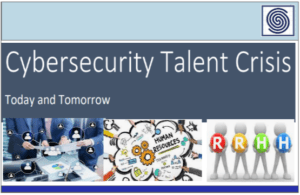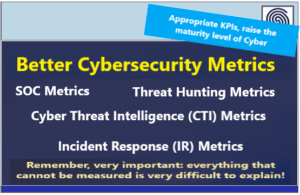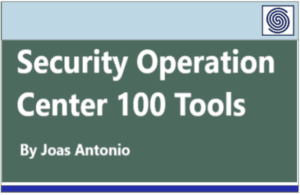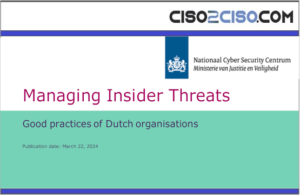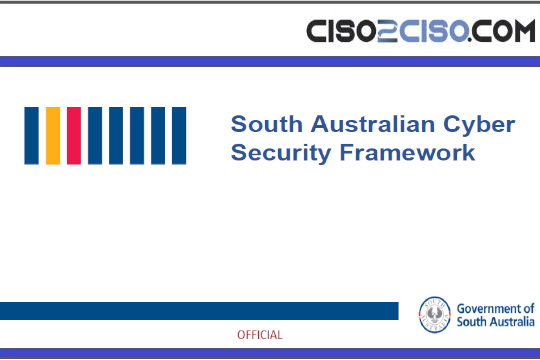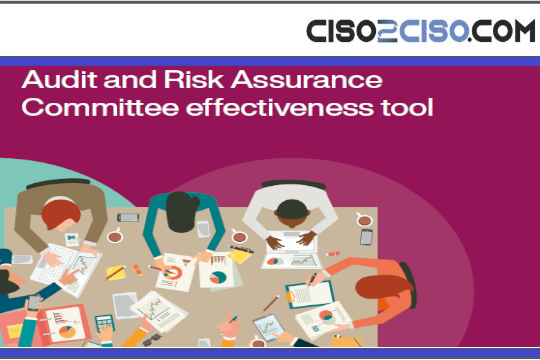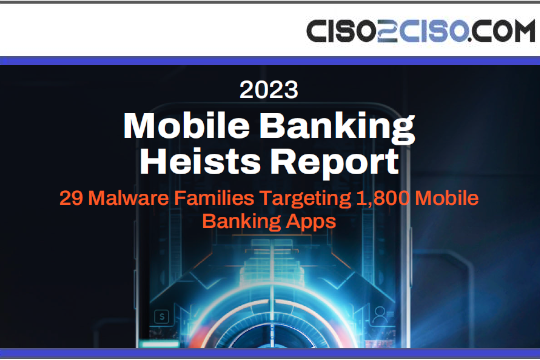Source: go.theregister.com – Author: Team Register
Big Tech isn’t much help if you’re an activist trying to work against a military junta, and FOSS tools aren’t a great alternative either, according to opponents of Myanmar’s military regime.
Register readers may recall that the regime came to power in 2021, when the military cut off internet access in the dead of night and displaced the democratic government. It then banned social networks, suspended the operation of wireless networks and banned VPNs and cryptocurrency. It has since offered safe haven to cyber scam gangs that use its territory to enslave workers and fleece victims around the world.
Myanma people are using tech to organize resistance to the junta. But according to a study by Laura Gianna Guntrum, a research associate at Science and Technology for Peace and Security (PEASEC) in the Department of Computer Science at the Technical University of Darmstadt, tech services are of limited use in their struggle.
Guntrum’s published research on the issue, titled Keyboard Fighters: The Use of ICTs by Activists in Times of Military Coup in Myanmar, is the result of interviews with and surveys of activists. The research was presented last week at the CHI Conference on Human Factors in Computing Systems.
Among Guntrum’s findings are that dependencies on multinational companies are not helpful in the current situation. One such dependency she cited is Meta’s “Free Basics” package – an arrangement the social networking company struck with telcos in the developing world to make internet access affordable for citizens, so long as Facebook was the most prominent service users could access. General web surfing attracts higher fees.
The paper notes that Facebook required some users to register with their private phone number, and sometimes also their real name – making it easier for the junta to observe its opponents. Applications with stronger privacy protection – like the messaging app Signal – are available in Myanmar. But because they’re not included in the Free Basics package, users struggle to access or learn about them.
Another feature interviewees suggested is a rapid disablement mechanism for social media profiles – so that if authorities compromise a Facebook account, its owner can kill it before linked accounts and contacts are divulged.
(That sounds pretty handy in the rest of the world too, given the many scammers and crims who target social media accounts.)
- China encouraged armed offensive against Myanmar government to protest proliferation of online scams
- Myanmar’s government in exile throws support behind launch of crypto-based bank
- Myanmar junta demanded telcos activate phone interception tools – and we refused, says Telenor
- Zuck chucks Myanmar military out of Facebook and Instagram
Guntrum also noted that Signal allows users to change the name and icon of its app to obscure its purpose and suggests other developers could do likewise to assist users in certain situations.
But she also reckons that introducing more security features risks complicating apps, and therefore making it harder for activists to use them.
That’s a problem activists confront when considering open source tools like the Briar mesh network app, which can create networks that operate over Bluetooth or Wi-Fi – a handy trick in a nation where the government cuts internet services. Guntrum suggested the app “should be easier to understand and less complex, enabling individuals with limited technical expertise to utilize these features effectively.”
Tor is also problematic: the latency overhead it imposes on communications means that the already poor quality of internet service in Myanmar worsens when using the anonymity enhancing service.
Guntrum suggested peer-to-peer networking be introduced to apps like Signal and WhatsApp, because they’re already widely used in Myanmar, and a mesh network capability would help citizens to stay in touch even during government-imposed internet outages.
Her paper ends with a call for developers to create apps designed for situations like that faced by activists in Myanmar and those who face similar challenges elsewhere.
“Generally, the data highlight that it is imperative to develop user-centric ICTs solutions that aid activists during internet shutdowns and surveillance,” she wrote. “Here, it is vital to grant more agency to people affected by (power) misuse and thus jointly develop ICTs that truly benefit those affected. It’s crucial to discard the notion that technology designed for and employed in the Global North is universally applicable to people around the world, each confronting unique challenges (eg, surveillance, poor connectivity, and physical inspections).”
The fact that “most activists continue to use less data-secure applications” in Myanmar, she added, indicates “a tension between security and convenience.” ®
Original Post URL: https://go.theregister.com/feed/www.theregister.com/2024/05/21/activist_tech_inadequate_myanmar/
Category & Tags: –
Views: 0


